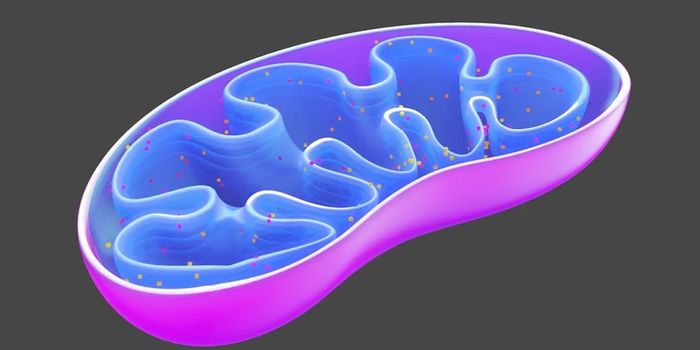How High-Fat Diets Impact Gut Microbes to Increase Colorectal Cancer Risk
Rates of colorectal cancer in people under 50 are increasing. High fat diets and how they impact the gut microbiome are thought to be one reason. Scientists have now learned more about how high fat diets can change bacteria in the gut, which affects bile acids. There are many different bile acids in the gastrointestinal tract, and they help us digest food and absorb important nutrients. The changes in the microbiome and associated impacts on bile acids were shown to increase the risk of colorectal cancer in a mouse model. The findings have been published in Cell Reports.
In this study, the researchers found that mice that were fed a high-fat diet had increased amounts of certain bacteria in their guts compared to mice fed a normal diet. The gut bacteria that were exposed to more fat then altered the makeup of bile acids, which led to an increase in inflammation, and changed how quickly gut stem cells were replenished.
Diet affects the composition of the gut microbiome, and changes in that composition may lead to problems that cause cancer, said co-senior study author Professor Ronald Evans, Director of Salk Institute's Gene Expression Laboratory. "This paves the way toward interventions that decrease cancer risk."
Previous work by Evans and colleagues used a mouse model to demonstrate that high-fat diets raise bile acid levels, which disrupted a protein in the gut called the farnesoid X receptor (FXR), and raised cancer risk. The video below outlines some of these findings.
This research has now revealed more about how gut bacteria alterations caused by fats can drive cancer. The microbiomes and the metabolites derived from those microbes were analyzed in mice that were fed high levels of fat, and carried a genetic mutation that increases colorectal tumor growth.
A mouse model that was fed high-fat diets had more bile acids in their guts, although the bile acid group was less diverse, and had more molecules that were modified by gut bacteria. The altered bile acids disrupted stem cell growth in the gut. Intestinal stem cells have to frequently renew or they can develop mutations that may lead to cancer.
The mice fed high-fat diets also had less diversity in their gut microbiomes, and had higher levels of two types of bacteria called Ileibacterium valens and Ruminococcus gnavus, which can both modify bile acids, leading to an increase in gut inflammation. That inflammation is thought to cause even more disruption to the gut microbiome, creating a vicious cycle.
In their rodent model, high-fat diets had a bigger effect on the microbiome and bile acids than genetic mutations that increase cancer risk, surprising the researchers.
While there is more to learn about modified bile acids and how they play a role in health and disease, this study has demonstrated one reason why high-fat diets are not healthy, and high-fat diets can boost the levels of specific gut microbes, noted co-first study author Ting Fu, PhD.
"We've deconstructed why high-fat diets aren't good for you, and identified specific strains of microbes that flare with high-fat diets,"added Evans. "By knowing what the problem is, we have a much better idea of how to prevent and reverse it."
Sources: Salk Institute, Cell Reports









